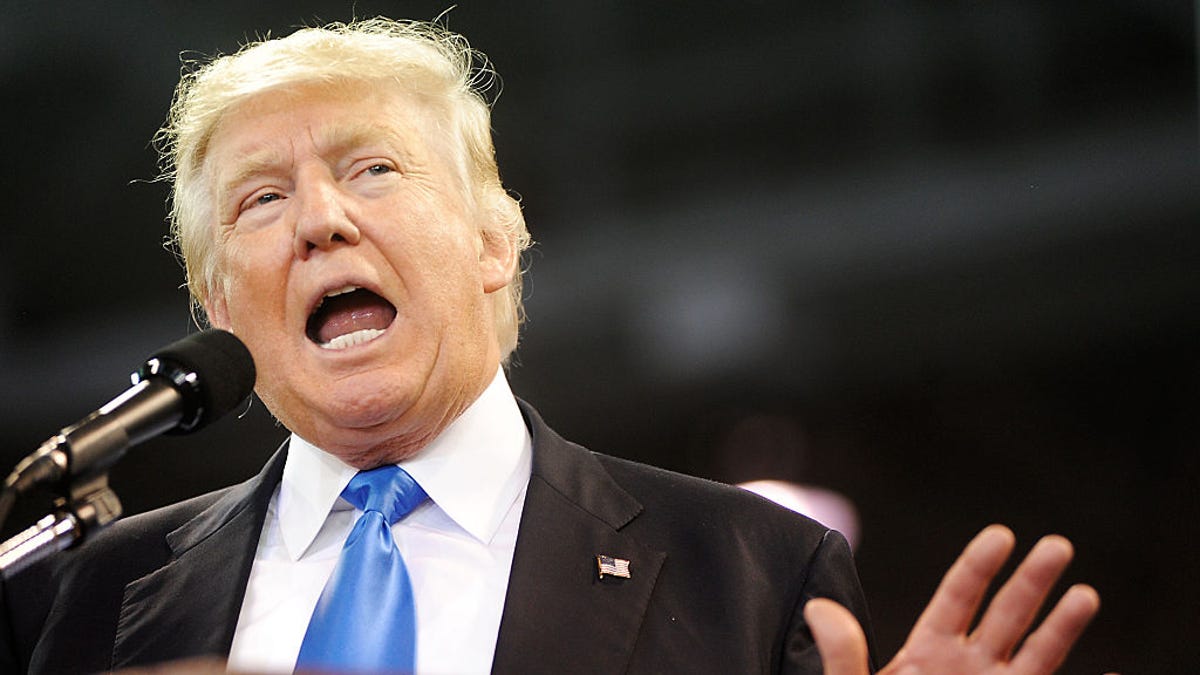Trump: Internet control belongs to US. Period
As the US nears the October 1 date to turn over supervision of the internet to nonprofit ICANN, Donald Trump joins Ted Cruz in opposition.

Donald Trump opposes the US giving up supervision of the internet.
Donald Trump doesn't want to share the internet.
The Republican presidential nominee opposes a plan to transition the supervision of the internet's Domain Naming System, the campaign said Wednesday.
For the unfamiliar, the Domain Naming System (DNS) functions like the internet's address book, translating domain names like CNET.com into a series of numbers called IP addresses.
The current plan is that on October 1, the US will hand over oversight to the nonprofit international group called the Internet Corporation for Assigned Names and Numbers, or ICANN. The transfer isn't a new idea. It was first proposed in 2014 with the notion that the US role is largely "clerical" and that the internet can stand on its own, in a sense. The US has had oversight of the DNS for the past two decades. It's only as of August that the US National Telecommunications and Information Administration, or NTIA, approved the agreement.
Trump lends his support to former Republican presidential candidate Ted Cruz, Trump's bitter rival and the highest profile government figure to lead the charge against the transition. Cruz argues that if the US cedes control to nonprofit ICANN, it could give countries like Russia and China power over the internet. Trump echoed that sentiment.
"Congress needs to act, or internet freedom will be lost for good, since there will be no way to make it great again once it is lost," Trump national policy director Stephen Miller said in the statement.
In an August 16 blog post, the NTIA said its "legacy role has long been a source of irritation to foreign governments and prompted calls by some governments to push for the United Nations International Telecommunication Union, or another intergovernmental organization to take over stewardship of the DNS."
The Trump campaign did not immediately respond to our request for comment on other countries' concerns about the US continuing its oversight. Regardless, ICANN notes that it doesn't have the ability to control content on the internet, meaning any such worries could be unfounded.
Unless Congress blocks the transition, it is expected to go forward.

